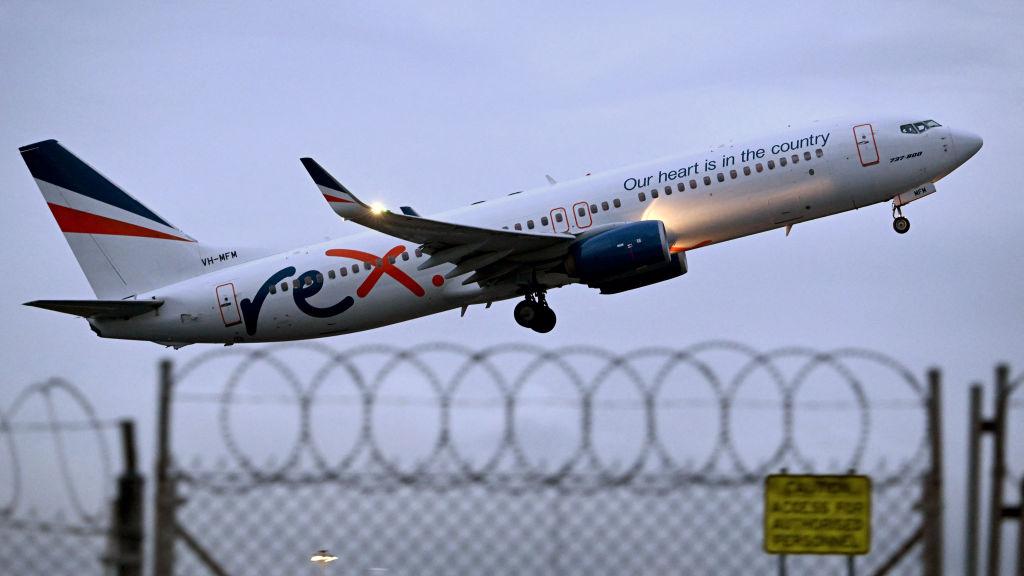The federal government has called in a cohort of heavy-hitting corporate advisors as it weighs up a potential bailout of embattled regional airline Rex.
The cash-strapped carrier has grounded its entire fleet of Boeing 737s on inter-city routes but is keeping regional services running after the appointment of administrators Ernst & Young (EY) Australia.





